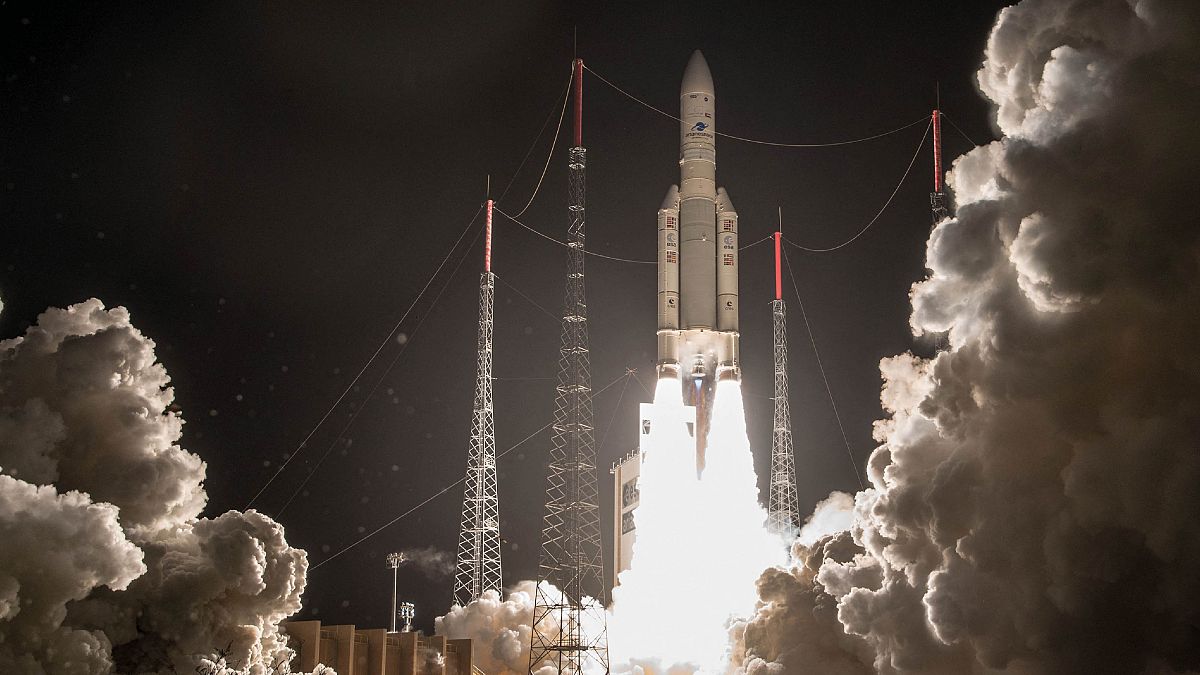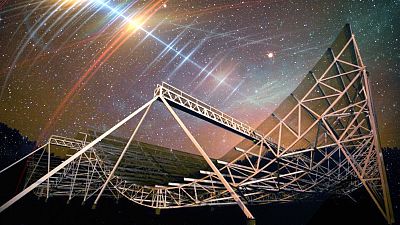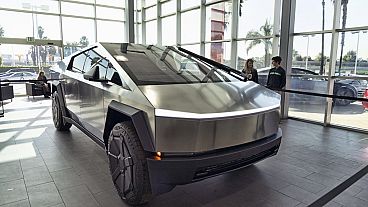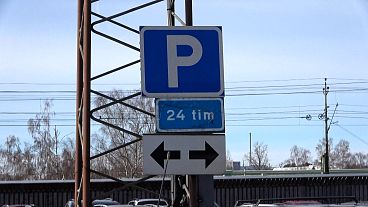Euronews Next spoke to the Head of Commercialisation at the European Space Agency (ESA) about stimulating the space sector on the continent.
Over the past number of years, the global space industry has changed from being primarily the province of state agencies looking to make their mark, to becoming a fertile ground for private investment and enterprise.
Billionaires like Elon Musk, Jeff Bezos and Richard Branson as well as governments have doubled down on pumping money into satellites, asteroid mining and space tourism.
At this year’s VivaTech, the annual tech conference in Paris, Luca del Monte, Head of Commercialisation at the European Space Agency (ESA), spoke to Euronews Next about what the agency is doing to stimulate the sector in Europe.
Stimulating the European Space Industry
Their vision, he says, is to make Europe the most attractive place in the world to establish and launch new space companies.
“In the past 20 years or so, the space race has become something more than simply a geopolitical race,” del Monte explained.
“It has become a competition to earn the best profit and return on the investments from a socioeconomic standpoint, but also from a real investment standpoint.”
To that end, ESA is making efforts to ensure that Europe has the right ecosystem to stimulate the industry’s European start-up sector, focusing on three main areas.
Talent, capital and speed
Firstly, Europe needs to nurture its homegrown science and engineering talent to ensure it remains on the continent.
“Europe is rich in brilliant engineers and scientists, but we have to ensure that new generations of entrepreneurs stay in Europe,” del Monte explained.
“We are developing more and more, our network of business incubation centres and business accelerators because we want these scientists and engineers to become successful entrepreneurs,” he said.
Secondly, Europe needs to ensure that space start-ups have adequate access to capital to launch their ventures into orbit so that Europe can claim a larger slice of the global space economy.
According to del Monte, the challenges here include the more risk averse nature of European capital investments and also the limited awareness about opportunities offered by the growing space economy.
“We have started a partnership with the European Investment Fund and the European Commission to increase the number of the venture capital funds and the private equities that are investing in funds,” he said.
Finally, making Europe’s space industry competitive requires speeding up and simplifying the process.
“In order to attract investors, our projects need to be much faster,” del Monte said.
To achieve this, ESA is working on improving the speed of their procurement process and introducing new approaches more adapted to the new types of space development.
“This calls for a transformation of the role of space agencies and institutions. Moving from being a pure research and development agency to rather an enabler and an accelerator, all for space projects and space culture,” he said.



